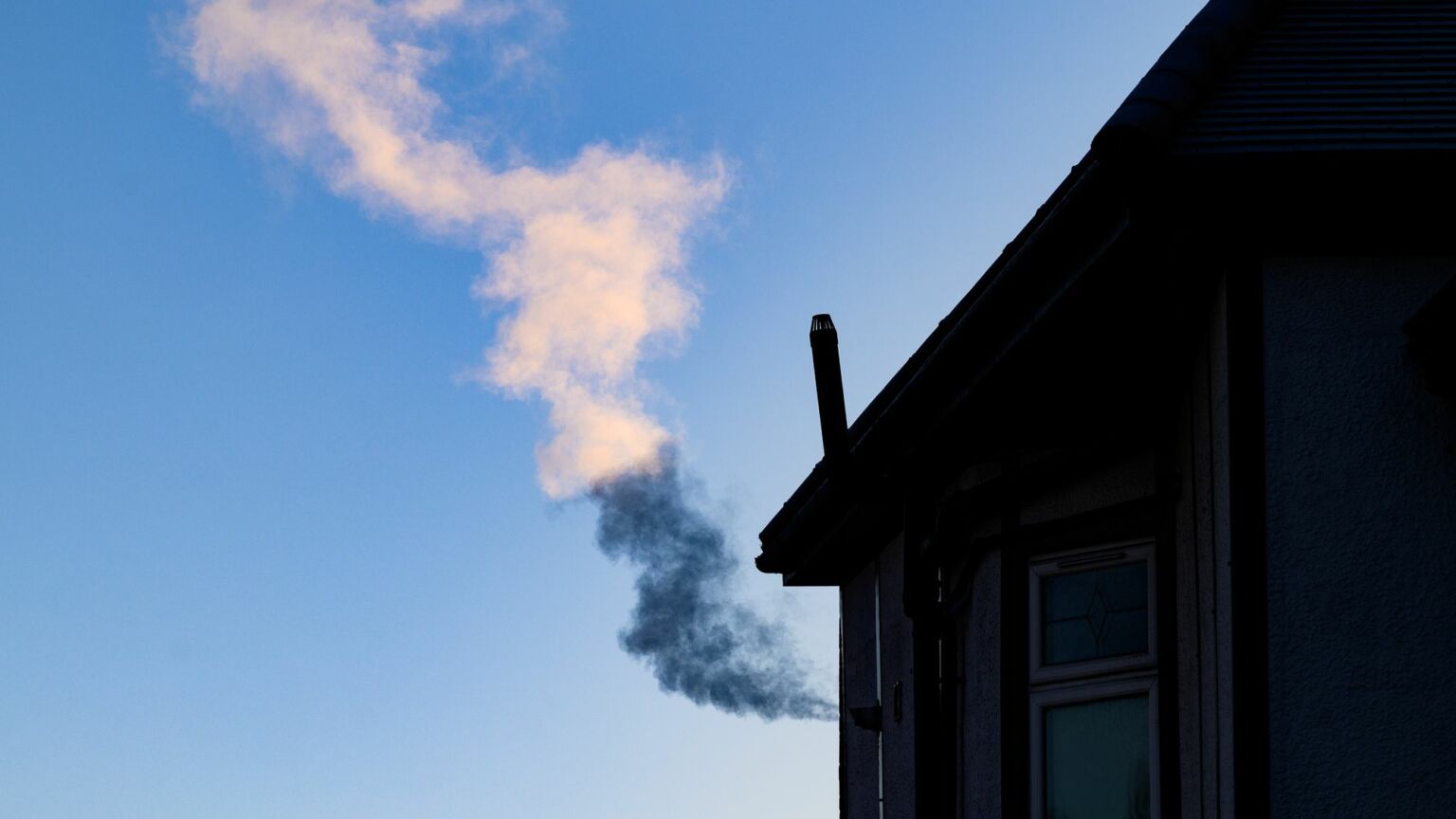Why the public has gone cold on heat pumps
The UK’s Net Zero boiler-replacement scheme has been a complete flop.

The news on heat pumps is in – and it is not good.
To meet the UK’s target of reducing emissions to Net Zero by 2050, the government has said that ‘virtually all heating of buildings will need to be decarbonised’. To this end, it launched its £450million Boiler Upgrade Scheme (BUS) last year, offering upfront vouchers of £5,000 toward installing air-source heat pumps (ASHPs), and £6,000 for ground-source heat pumps (GSHP).
It’s fair to say heat pumps have not exactly been flying off the shelves since then. According to official figures, the total number of vouchers redeemed in England and Wales between 23 May and 31 December was less than 6,500, out of a potential market of 24.8million households. Even relatively affluent London could only manage 236 ASHPs and five GSHPs.
The main reason for the minimal uptake is the cost involved. According to EDF, buying an ASHP will set you back between £7,000 and £12,000 – and that’s after a successful redemption of a £5,000 voucher.
Another major reason for the lack of interest in heat pumps is the bureaucracy involved in the scheme. First, a property owner must apply for a voucher. Ofgem then contacts the property owner, to confirm that the installer is acting on the owner’s behalf and that the property is eligible. After Ofgem issues a voucher, the installer then applies for it to be redeemed. If approved, the grant is then paid directly to the installer, who lowers the price accordingly.
Although the government and green groups claim that switching from a gas boiler to a heat pump can save you money over the long run, the financial benefits are marginal at best. EDF calculates that to heat a four-bedroom house using a heat pump will cost about £1,888 a year. This is only about £130 a year cheaper than running a new gas boiler. It works out at a saving of just over £2 a week.
Given all this, you might expect the government to be having second thoughts about trying to force heat pumps on the public. Apparently not. A government-commissioned ‘independent’ review on the feasibility of Net Zero, headed up by former energy minister Chris Skidmore, calls for ‘the end of new and replacement gas boilers by 2033 at the latest’, and urges the government to ‘turbocharge our adoption of heat pumps and low-carbon heating sources’.
The Skidmore review endorses the current government target of 600,000 heat-pump installations a year by 2028, and pushes for a new target of 1.9million a year by 2033. Indeed, the striking thing about the Skidmore review is how bullish it is about heat pumps in the face of the facts. It acknowledges that a lack of trained heat-pump fitters means ‘it can be challenging to find a local engineer with the relevant skills’. It accepts that ‘limited supply chains mean it can be hard for people to access a heat pump or spare parts without delay’. It notes that if a heat pump stops working, ‘you may not be able to get it fixed straight away’. And it concedes that ‘certain housing types are not suitable for heat pumps’.
Yet despite all this, the review urges the government to plough on regardless, pushing millions upon millions of households into paying out for a heat pump they can scarcely afford.
There are more problems with the government’s heat-pump obsession. For instance, heat pumps require electricity to operate and the UK’s poor electricity infrastructure could struggle to cope with all this additional demand. As the Skidmore review admits, ‘the lack of anticipatory investment in the electricity grid… would beset the roll out of heat pumps’.
Then there is the issue of insulation. Heat pumps are only effective in well-insulated buildings. As the International Energy Agency (IEA) points out, ‘households that add a heat pump without improving efficiency in parallel [through insulation]… can nearly triple their peak demand during winter’. As greens usually like to remind us, Britain’s homes are draughty and leaky, with less than half having cavity or solid-wall insulation. Installing this insulation will impose yet another big cost on households.
Supporters of heat pumps often point to France as an example to the UK. It sold 394,000 heat pumps in 2020, compared with just 37,000 sold in the UK. Yet France is hardly a Net Zero success story. With 31million households, France will take nearly 79 years to rid itself of gas boilers at its current rate of heat-pump installation. That would mean missing every single Net Zero target it has set itself.
Heat pumps are only a good idea in the minds of Net Zero ideologues. Ordinary households have little to gain from their rollout. No wonder the scheme has had such a frosty reception.
James Woudhuysen is visiting professor of forecasting and innovation at London South Bank University.
Picture by: Getty.
To enquire about republishing spiked’s content, a right to reply or to request a correction, please contact the managing editor, Viv Regan.







Comments
Want to join the conversation?
Only spiked supporters and patrons, who donate regularly to us, can comment on our articles.